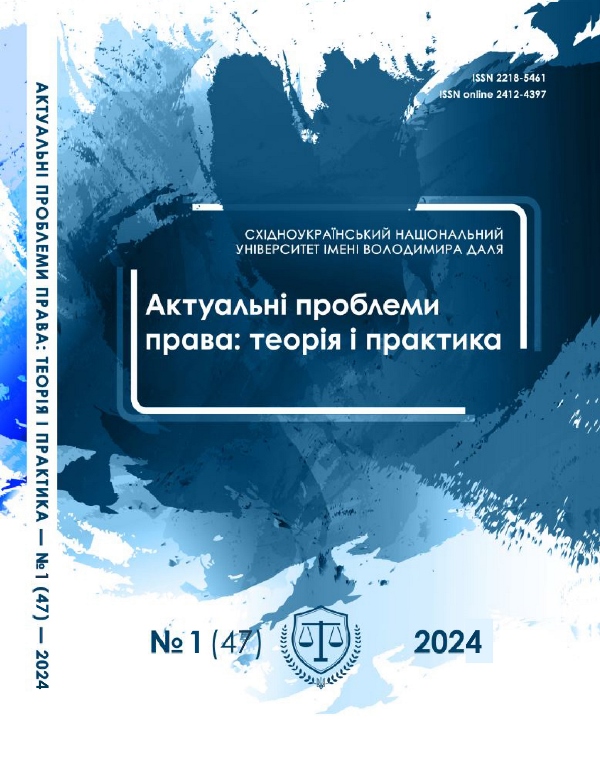SOME ASPECTS OF LEGAL REGULATION OF LABOR RELATIONS UNDER THE INFLUENCE OF DIGITALIZATION PROCESSES
DOI:
https://doi.org/10.33216/2218-5461/2024-47-1-130-143Abstract
The article shows that the dynamics of digital
transformation is a complex, deep and multifaceted
task that affects various spheres of society, including
the regulation of labor relations. This transformation
is characterized by the integration of information
technologies into traditional forms of work
organization. One positive outcome of this
digitalization is the introduction of electronic labor
books, which facilitate the record-keeping of
employees' work activities. Additionally, the
implementation of remote work arrangements offers
several advantages, such as expedited access to
employment opportunities, particularly for
individuals with disabilities and other marginalized
groups. Moreover, remote work provides both
temporal and spatial flexibility for employees.
Looking forward, the digitalization of labor relations
holds promise for the implementation of remote
(electronic) professional certifications for workers.
However, alongside these advancements, potential
risks associated with the negative impact of computer
technology on employee health must be addressed.
This necessitates the regulation of work schedules to
ensure a healthy balance between work and leisure.
Additionally, the risk of unlawful intrusion into employees' personal and family lives necessitates the establishment of clear legal principles, particularly regarding the protection of employees' personal data.
Keyword: digitalization, labor activity, labor law, labor rights, employee, remote worker, right to disconnect, right to be forgotten, remote work, protection of rights, personal data, employer.

